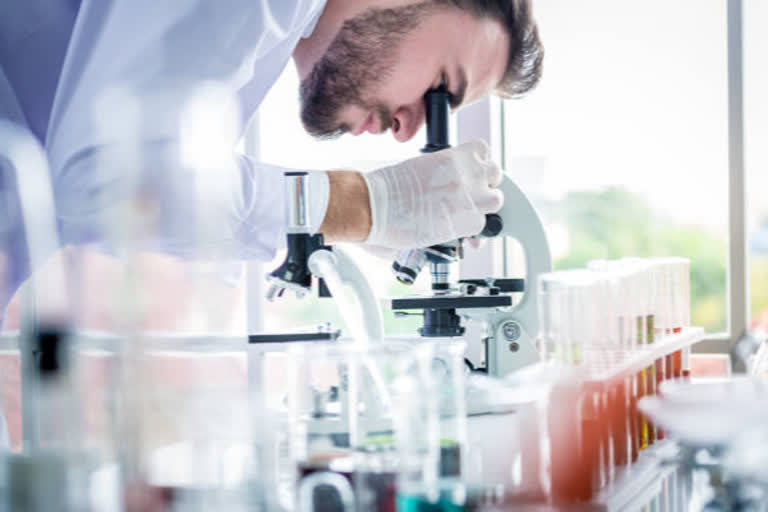Washington (US): Antimicrobial resistance is becoming a more significant issue, thus researchers are looking everywhere for new substances. A global research team in Europe reports the discovery of the novel antifungal antibiotic solanimycin this week in mBio. A wide range of closely related plant pathogenic bacteria appear to manufacture the chemical, which was initially discovered from a pathogenic bacterium that infects potatoes.
The researchers found that solanimycin inhibits a variety of fungi known to damage and infect agricultural crops. In laboratory tests, the substance also inhibited the growth of Candida albicans, a fungus that normally lives in the body but can lead to potentially harmful infections. The findings imply that solanimycin and related drugs may be helpful in both clinical and agricultural situations. The majority of medicinal antibiotics used today are produced by soil microorganisms, particularly those belonging to the phylum Actinobacteria.
According to scientist Rita Monson, PhD, of the University of Cambridge, the new finding shows that plant-based microbes are worth further investigation, particularly as crops grow resistant to current treatments. She co-led the study with molecular microbiologist Miguel Matilla, PhD, at the Estacion Experimental del Zaidn of the Spanish Research Council in Granada. Monson stated that "we have to investigate more broadly over far more of the microbial populations available to us."
Solanimycin is produced by the pathogenic potato bacterium Dickeya solani, which was discovered more than 15 years ago. About ten years ago, scientists in molecular microbiologist George Salmond's group at the University of Cambridge started looking into the substance's antibiotic potential. According to Matilla, "These strains evolved quickly and are now extensively disseminated." Not the first antibiotic derived from the bacteria is solanimycin.
Also read:Coronavirus formation modelled for first time, may lead to effective drugs
